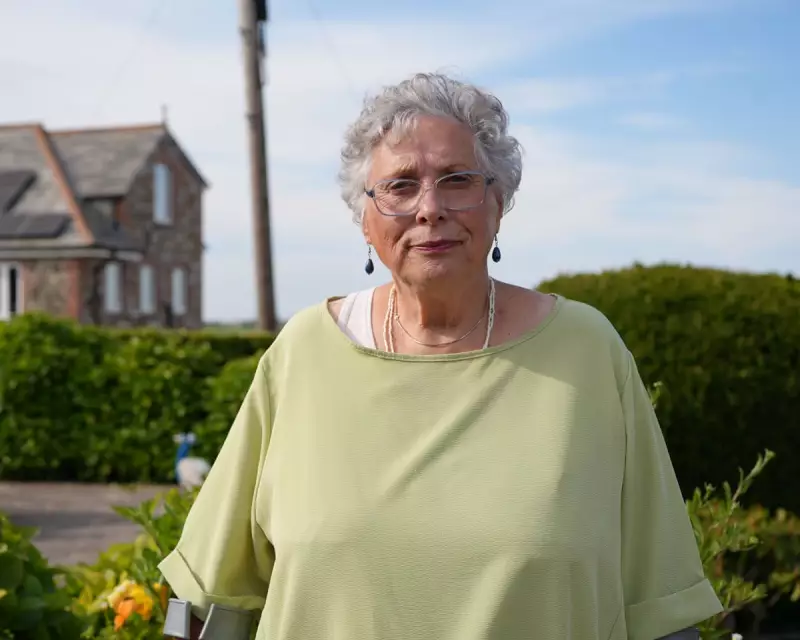
The Cornwall Water Scandal That Shook Britain
A powerful new BBC documentary has brought to light what victims describe as Britain's largest mass poisoning incident, dating back to 1988 in north Cornwall. Poison Water features emotional testimony from those affected by contaminated water supplies that authorities allegedly claimed were safe to drink.
Carol Wyatt, one of the victims featured in the documentary, makes a heartfelt plea: "Before I die, I want this truth to come out." She recalls her tap water turning the colour of toilet cleaner, raising immediate concerns about safety that were seemingly ignored by officials.
Ignored Warnings and Green Hair
The documentary presents compelling evidence that numerous complaints about the water quality were dismissed. One particularly striking phone recording captures a concerned parent stating: "Our daughter's hair has turned green and it's sticking like glue." Despite these alarming reports, South West Water maintained the water was safe for consumption.
The film includes interviews with former authorities, including South West Water's ex-head of operations, providing insight into the institutional response to the crisis. Many victims and their families believe the high aluminium levels in the water contributed to serious health conditions, including Alzheimer's disease.
The Fight for Justice Continues
Remarkably, there has never been a fully independent public inquiry into the 1988 contamination incident. Victims and their supporters hope this documentary will finally trigger the thorough investigation they've been demanding for over three decades.
The film raises serious questions about corporate responsibility and government oversight in environmental health crises. As Carol Wyatt and other victims continue their fight for recognition and justice, Poison Water serves as a stark reminder of the human cost when public safety is compromised.





